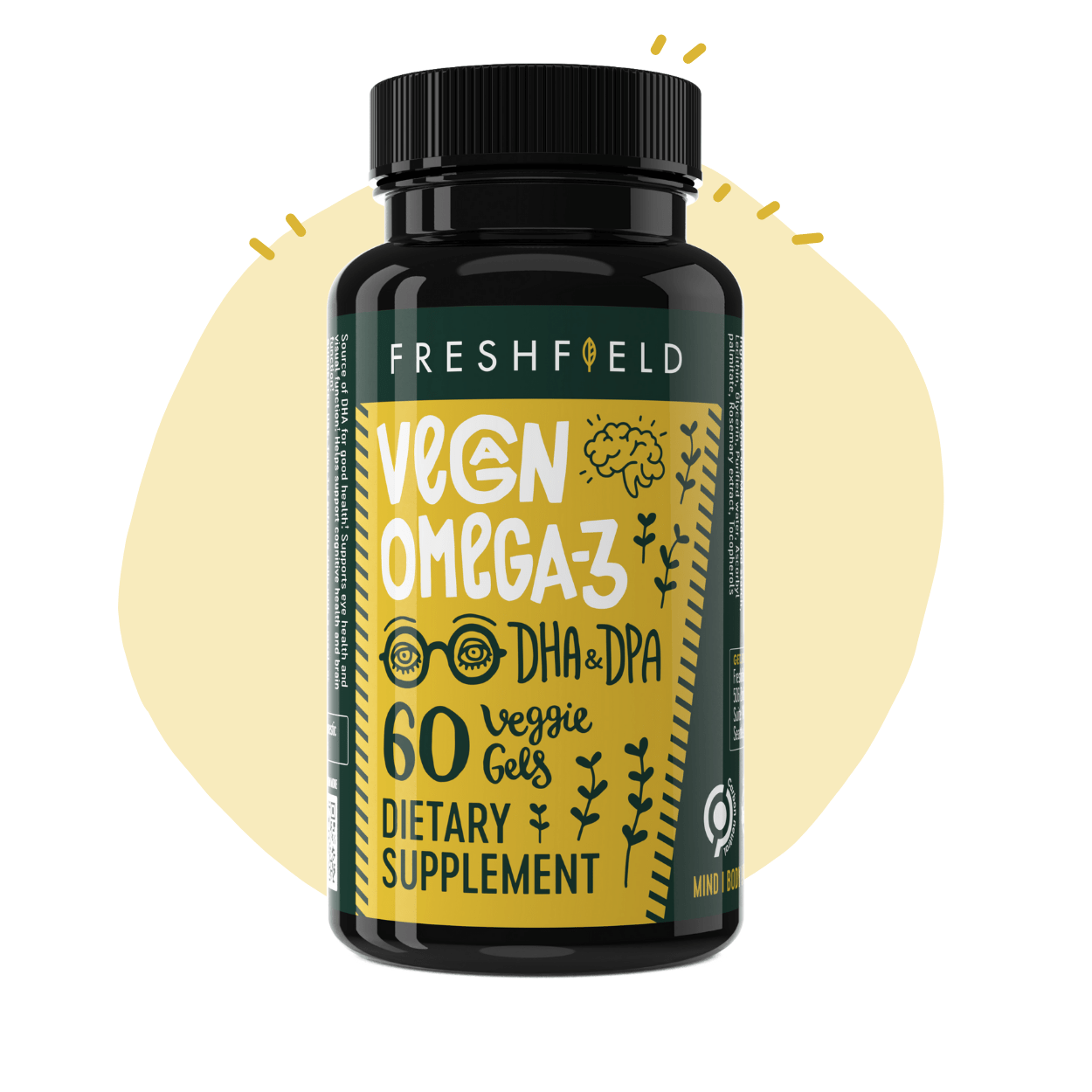B complex vitamins are a group of water-soluble vitamins that play important roles in cell metabolism. Though b vitamins share similar names, they are chemically distinct and each vitamin has unique functions.
B Vitamins are essential
The importance of b complex vitamins to our health cannot be understated! These essential nutrients play a key role in many important biological functions, including energy metabolism, DNA synthesis, and nervous system health. Without adequate levels of vitamin B complex, we would be at risk for several health problems, including fatigue, poor cognitive function, and even depression. Fortunately, b complex vitamins are found in many common foods, so it is relatively easy to get the recommended daily intake through diet alone. However, certain populations, such as those following vegetarian or vegan diets, could be at an increased risk of vitamin B deficiency and would benefit from taking a vitamin b complex supplement to ensure they are getting adequate amounts of these essential nutrients.
So whether you are looking to boost your energy levels, improve cognitive function, or maintain optimal nervous system health, it is important to make sure you are getting enough vitamin B complex in your diet.
How do we get more B vitamins? Am I low in B vitamins?
For many people, getting enough b vitamins can be achieved through adequate nutrition. This is done by incorporating a wide variety of healthy foods into their daily meals, including leafy greens, beans and lentils, nuts and seeds, eggs and dairy products, and whole grains. People that eat animal foods might think they're getting enough b vitamins as this was commonly accepted years ago; however, modern industrial farming practices have meant that many animals no longer have the b vitamin levels they used to back when livestock was exposed to soil and feed less ravaged by chemical exposure and over tillage. Many producers of animal-based products supplement their animals with vitamin b complex supplements (especially vitamin B12).
If you are concerned about B vitamin deficiencies or feel that you may be falling short on your daily intake of certain b vitamins, seeking professional medical advice can help. Your trusted healthcare professional may suggest a change in diet or will recommend a vitamin b complex supplement that can help ensure that you are getting the nutrients you need.
Ways b vitamins boost your health
B vitamins are essential for many aspects of health, including energy production (metabolism), DNA synthesis, and nervous system function. There are eight B vitamins, including thiamine (vitamin B1), riboflavin (vitamin B2), niacin (vitamin B3), pantothenic acid (vitamin B5), pyridoxine (vitamin B6), biotin, folic acid, and cobalamin (vitamin B12).
One of the key roles of b vitamins is energy metabolism (including protein metabolism). This refers to the biochemical processes that convert the food we eat into energy that can be used by our cells. Enzymes are required for these processes to occur, and b vitamins are essential for the proper function of these enzymes. Without enough b vitamins, our cells would not be able to create the energy they need to function properly, leading to fatigue and other health problems.
In addition to energy metabolism, b vitamins are also critical for DNA synthesis. This refers to the process of creating new cells, including both reproductive cells (such as sperm and eggs) and non-reproductive cells, such as those that make up our organs and tissues. Vitamin B complex plays a key role in the production of nucleotides, the building blocks of DNA. Without enough vitamin B complex, our cells would not be able to create new DNA, leading to a variety of health problems.
B vitamins play essential roles in nervous system function. This includes both the central nervous system (the brain and spinal cord) and the peripheral nervous system (the nerves that connect the brain and spinal cord to the rest of the body). Vitamin B complex is involved in the production of neurotransmitters, chemicals that are used by the nervous system to send signals between cells. Without enough vitamin B complex, our nervous system would not be able to function properly, leading to problems with cognition, movement, and feeling.
Freshfield's Vitamin B Complex Supplement

Here at Freshfield, we're big believers that proper nutrition through a healthy, balanced diet comes first and that dietary supplements (such as b vitamin supplementation) are only worth trying if you're doing the best you can and still feel that your nutrition can use a boost. If you think that you might be low in B vitamins and want to see if a B complex supplement would help, we've developed one of the best b complex supplements out there! If you're interested in learning more, head on over to the product page and check it out!
Feeling stressed? Try using our B12 Complex Drops alongside our Ashwagandha!








Share:
Vegan Omega 3s | 5 Reasons to Ditch Fish Oil
50% of us are Magnesium deficient? That can't be right... can it?